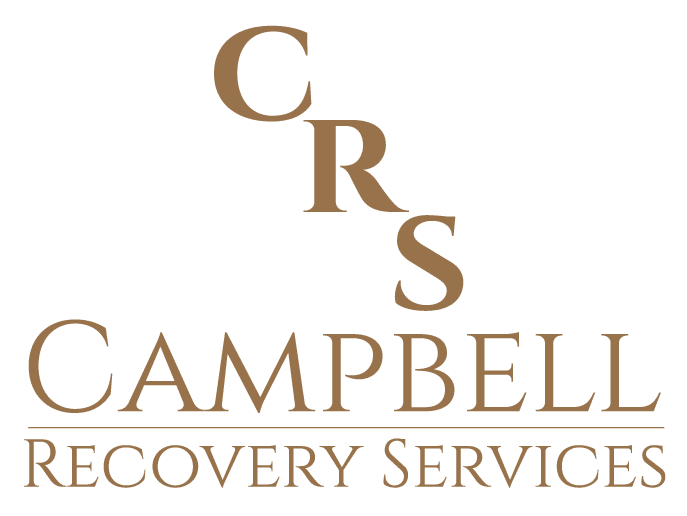Studies have shown that there is a direct link between affluence and the likelihood of developing a drug or alcohol addiction. Children growing up in homes surrounded by wealth and success may feel pressure from their family, friends, and peers to achieve. This pressure can cause depression, anxiety, and subsequent substance abuse. For those surrounded by affluence, there is plenty of disposable money. In the pursuit of happiness, those with wealth may instead try to buy a good time with excessive alcohol, drugs, and a partying lifestyle. The excess of disposable income makes drugs and alcohol easy to attain for those with significant wealth.
Children growing up in more affluent household may be more prone to mental health problems, including depression and anxiety. They are often embarrassed to admit the problem to others, leading to self-treatment through alcohol and drugs. This can actually make these mental health problems worse, while adding on a substance abuse problem. The stigma that those with money do not have problems can exacerbate this situation, even leading to a lifelong struggle with addiction.
Ease of Access Makes Addiction More Prominent in the Affluent
Having access to drugs and alcohol around the clock, along with the money to fund this addiction, can be a dangerous mix. In the affluent this is often the case with no end to the parties and soirees to attend and the funds to fuel an addiction. Having these substances so easily at your disposal and the non-stop partying atmosphere can quickly lead to a bigger problem.
Issues Stemming from Childhood in the Affluent Can Lead to Future Addiction
Children raised by wealthy affluent parents may struggle with emotional problems. They are more prone to self-esteem problems as they often struggle to live up to the high expectations set for themselves and their family. Failure to meet these expectations, or perceived expectations, can leave them struggling with emotional issues. This can result in turning to alcohol or drugs to manage these feelings.
In other cases, affluent children may grow up without a strong parental presence. Whether left with a nanny or bounced around between other caregivers, this can have a detriment on their psyche. Children with absentee parents, regardless of the affluence, have higher levels of anxiety and depression. Many may turn to drugs and alcohol to manage these feelings as they get older.
Addiction May Be Normalized or Ignored in the Wealthy to Avoid Embarrassment and Stigma
Families surrounded with affluence are often embarrassed to admit that their lives are not as perfect as they seem from the outside. This may mean hiding an addiction, avoiding treatment and not addressing the underlying issues. In other cases, wealthy families who have a family member struggling with anxiety, depression, or another mental illness may leave this untreated. The result can be the family member trying to manage these feelings by abusing alcohol or drugs.
The old adage ‘money can’t buy happiness’ certainly rings true as seen by the rise in addiction among the affluent. If you or a family member are struggling with addiction, it is important to seek help regardless of family affluence.





